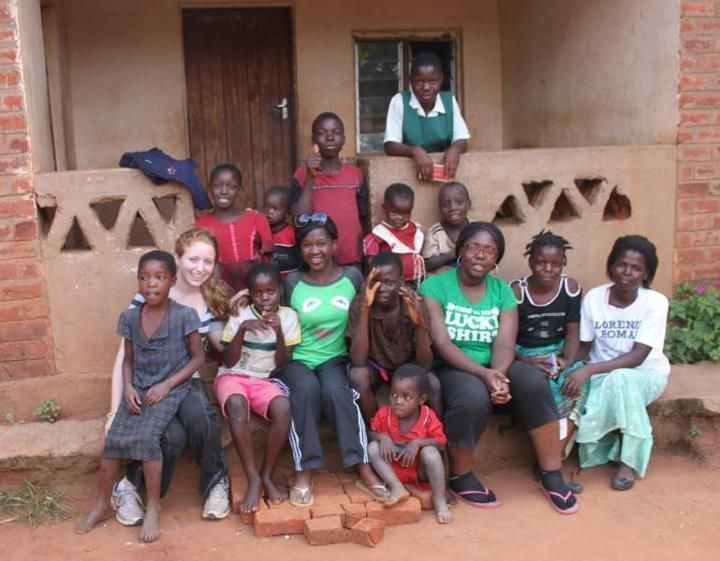Did you know that 72 million children of primary school age in the developing world are not in school?! It shocked me because in America, every child has access to education. Due to my outstanding community service, an organization called buildOn, chose me and 11 other students to help build a school in Malawi for a week.
When we arrived in Malawi, we were welcomed by the villagers. I felt bad because we were an hour late and all the villagers were waiting outside for us. However, that didn’t affect their excitement. All eyes were on us; I felt like a hero coming to save the day. (No pressure).
â–º QUARTER FINALIST 2012 TEEN TRAVEL WRITING SCHOLARSHIP
We sat amongst chiefs, listened to speakers express their gratitude, and watched villagers dance for us. We sang “Don’t Stop Believin’,” an encouraging song to bring everyone together. As part of the welcoming ceremony, everyone signed a covenant. The covenant stated that if buildOn helps build a school, the villagers will ensure that boy to girl students was a 1:1 ratio. In Malawi, boys go to school, while girls often stay home because they have to attend to domestic duties. Very strict gender roles. I noticed many women had to sign with their thumbprints, because they were illiterate. That stunned me.On the first day at the worksite, almost 300 villagers came to help! The villagers made thousands of homemade bricks. Unfortunately, a previous organization had promised to build a school for the village, but they never fulfilled their promise. I imagined how disappointed they were. I felt like we had a lot to live up to because we had to prove that we were not the stereotypical “lazy Americans” and that we were willing to work hard. We dug the foundation, made assembly lines to pass bricks, took hour long walks on bumpy hills to get buckets of sand, mixed cement, and layered bricks.
I always remembered: We didn’t go to Malawi for a vacation; we went to build a school and to experience their culture. We stayed with host families, peed in holes, slept on flat mats, pumped our own water, walked long distances, ate the native food, and overall, had to get used to life without technology. It was difficult communicating because I knew little Chichewa (the official Malawan language) and had to use lots of hand gestures. Luckily, some of my host family knew some English. My family was very kind; they did everything they could to make me happy, even though they weren’t rich. Money is great, but it isn’t everything. These people were able to find happiness in life with very little. My host parents were so kind that they took 10 orphaned kids into their family! They admitted that it’s even tougher to make ends meet, but family and community are priorities to them. I was terribly sad when I had to leave Malawi. It’s amazing how you can build close relationships in one week.
Before we came, no matter the distance of a school or limited school supplies, those kids were determined to get an education one way or another. Now, every day I hope that this new school will help at least a fraction of those 72 million children’s lives a lot easier with greater opportunities and endless possibilities. Children are the future and education is important. Education has the power to prevent diseases such as HIV from spreading and the power to decrease poverty. I count my blessings and cherish my education a lot more because of the people I met. My life is forever changed; I’ll never forget them.
Dear Reader: This page may contain affiliate links which may earn a commission if you click through and make a purchase. Our independent journalism is not influenced by any advertiser or commercial initiative unless it is clearly marked as sponsored content. As travel products change, please be sure to reconfirm all details and stay up to date with current events to ensure a safe and successful trip.











